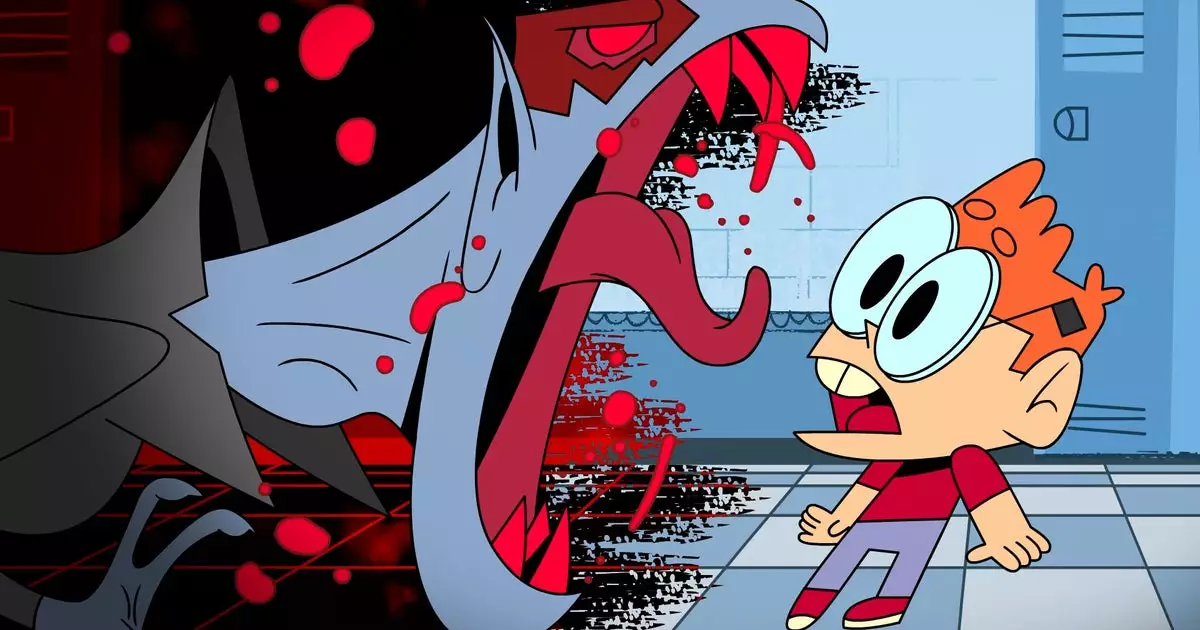The recent layoffs at Humble Games have sent shockwaves through the gaming industry, with conflicting reports emerging about the company’s fate. While business developer Nicola Kwan claims that the company is merely “undergoing restructuring,” former employees and creative leads like Chris Radley insist that this is a complete shutdown. The lack of clarity and differing narratives surrounding the layoffs raise questions about the transparency of the company’s operations.
The closure of Humble Games has far-reaching implications for indie game development, as former employees and industry insiders highlight the negative consequences of the shutdown. Reports indicate that Humble Games had not signed any projects for the upcoming years, leading to speculation that parent company Ziff Davis decided to exit the indie game publishing business due to financial challenges. This abrupt decision not only affects the employees who lost their jobs but also creates uncertainty for ongoing projects and the wider indie game development community.
The layoffs at Humble Games underscore the volatile nature of the gaming industry, where rapid growth and financial pressures often take precedence over creative collaboration and sustainable business practices. Former Senior QA Emilee Kieffer’s statement about the industry being “inundated by people who only want exponential growth” highlights the tension between profitability and maintaining a supportive work environment for game developers. The closure of Humble Games serves as a cautionary tale for other companies in the industry to prioritize long-term sustainability over short-term gains.
As the dust settles on the layoffs at Humble Games, it is essential for the gaming community to reflect on the broader issues raised by this incident. The lack of transparency in communication, the impact on indie game development, and the challenges facing the industry as a whole necessitate a critical examination of the priorities and values that drive decision-making in the gaming business. While layoffs and closures may be inevitable in a competitive market, the way in which they are handled and communicated reflects the ethical and moral compass of companies in the industry.
The downsizing of Humble Games serves as a wake-up call for the gaming industry to reevaluate its practices and prioritize the well-being of employees and the sustainability of the creative process. The conflicting narratives surrounding the layoffs highlight the need for transparency and empathy in corporate decision-making, as well as the importance of fostering a collaborative and inclusive environment for game developers. As the industry continues to evolve and grow, it is crucial to learn from incidents like this and strive towards a more ethical and equitable future for gaming.


Leave a Reply